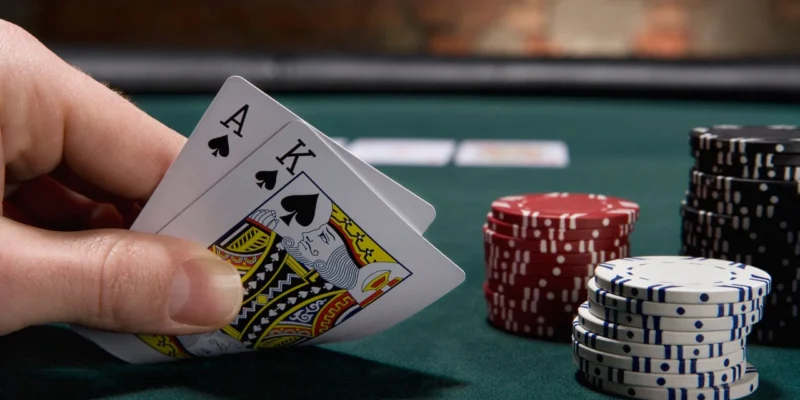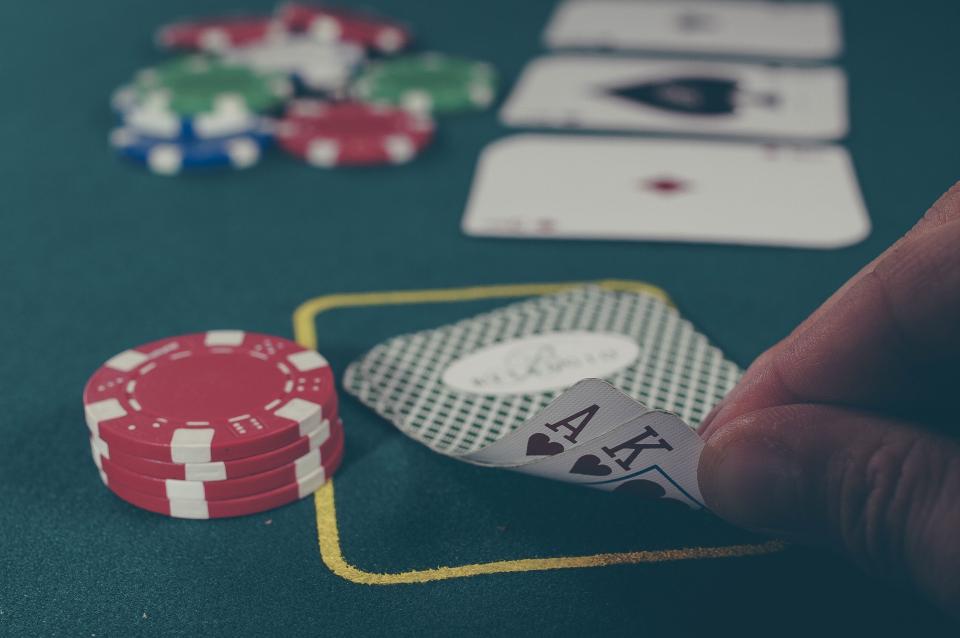
Introduction: The Enduring Charm of Poker
Poker stands as one of the most captivating and enduring card games in the world, combining elements of chance, skill, strategy, and psychological warfare. From smoky backrooms to glittering international tournaments broadcast to millions, poker has transcended its humble origins to become a global phenomenon. The game’s allure lies not only in the pursuit of monetary reward but in the intricate dance of bluffing, reading opponents, and making calculated decisions under pressure. This article delves into the rich history, evolving variations, strategic depth, and cultural impact of poker, revealing why it remains a beloved pastime and serious competitive endeavor.
The Origins and Evolution of Poker
Poker’s roots are somewhat murky, with historians tracing its lineage to various 16th and 17th-century European card games. However, the version recognizable today took shape in 19th-century America.
-
Early Forms: Some scholars link poker to the Persian game “As-Nas” and the French “poque,” both involving betting and bluffing.
-
American Development: Poker flourished along the Mississippi River in the early 1800s, becoming a staple among riverboat gamblers and frontier settlers.
-
Spread and Standardization: The Civil War popularized the game further, leading to formalized rules and the establishment of popular variants like Five-Card Draw and Stud Poker.
-
The Rise of Texas Hold’em: By the late 20th century, Texas Hold’em became the dominant format, propelled by televised tournaments and the online poker boom.
-
Modern Poker Landscape: Today, poker enjoys immense global popularity with numerous variants, a thriving professional circuit, and a vibrant online community.
The game’s evolution reflects both tradition and innovation, balancing randomness with skillful play.
Understanding Poker: Basic Rules and Popular Variants
At its core, poker is a betting game where players wager on the strength of their hands, aiming to either win the pot outright or force opponents to fold.
Key Components of Poker:
-
The Deck: Standard 52-card deck, no jokers.
-
Hand Rankings: From high card to royal flush, players compare hands according to standardized hierarchies.
-
Betting Rounds: Players take turns betting, raising, calling, or folding.
-
Bluffing: Players can bet or raise with weaker hands to mislead opponents.
-
The Pot: All bets form the pot, awarded to the player with the best hand or the last to remain.
Popular Variants:
-
Texas Hold’em: Each player receives two private cards and shares five community cards; the best five-card hand wins.
-
Omaha: Similar to Hold’em but players get four hole cards and must use exactly two.
-
Seven-Card Stud: Players receive a mix of face-up and face-down cards over multiple rounds.
-
Five-Card Draw: Players receive five cards and can replace some before final betting.
Each variant offers unique strategic challenges and pacing.
The Strategic Depth of Poker: More Than Just Luck
While luck plays a role in any card game, poker is distinguished by its profound strategic elements, demanding critical thinking and adaptability.
-
Mathematics and Probability: Skilled players calculate pot odds, expected value, and probabilities to inform decisions.
-
Reading Opponents: Interpreting betting patterns, body language, and timing reveals opponents’ potential hands.
-
Positioning: Acting later in a betting round offers informational advantages.
-
Bankroll Management: Successful players manage their funds to survive inevitable downswings.
-
Psychological Warfare: Bluffing, slow-playing, and varying playstyles unsettle opponents and gain edges.
Mastering these aspects requires experience, discipline, and constant learning.
The Psychological Dimension: The Mind Games of Poker
Poker is often described as a “game of people,” highlighting the mental battle that unfolds alongside the cards.
-
Bluffing and Deception: Convincing opponents to fold superior hands through confident betting.
-
Emotional Control: Avoiding “tilt” or emotional reactions after bad beats is crucial.
-
Observation Skills: Noticing subtle tells and behavioral changes can signal hand strength.
-
Patience and Timing: Knowing when to act aggressively or conservatively shapes outcomes.
This psychological complexity elevates poker beyond simple chance, demanding mental acuity and emotional intelligence.
Poker in the Modern Era: The Digital and Competitive Revolution
The late 1990s and early 2000s saw poker’s popularity explode, largely due to the rise of the internet and televised events.
-
Online Poker Boom: Platforms like PokerStars and Full Tilt allowed millions to play anytime, anywhere, leading to a surge in players and prize pools.
-
World Series of Poker (WSOP): Televised tournaments brought poker into mainstream entertainment, showcasing dramatic hands and personalities.
-
Celebrity and Media Influence: Figures like Chris Moneymaker, who won the WSOP after qualifying online, inspired countless amateurs.
-
Globalization: Poker is now a truly international game, with major tournaments held worldwide and diverse player pools.
These developments have made poker both a spectator sport and a serious professional pursuit.
The Cultural Impact of Poker: Beyond the Table
Poker’s influence extends into popular culture, literature, film, and social interaction.
-
Film and Literature: Movies like “Rounders” and “Casino Royale” glamorize poker’s tension and sophistication.
-
Social Bonding: Poker nights foster camaraderie, competition, and storytelling among friends and strangers alike.
-
Philosophical Insights: Poker’s lessons on risk, uncertainty, and human behavior resonate beyond gaming.
-
Charity and Community: Poker events often serve philanthropic causes, blending entertainment with social good.
Its cultural footprint underscores poker’s role as more than just a game, but a mirror of human nature.
Tips for Aspiring Poker Players: Navigating the Game with Skill
For newcomers eager to embrace poker, a thoughtful approach enhances enjoyment and potential success.
-
Learn the Rules Thoroughly: Understand hand rankings and betting structures before playing.
-
Start Small: Play low-stakes games or freerolls to gain experience without risk.
-
Study Strategy: Read books, watch tutorials, and analyze hands to improve.
-
Practice Patience: Avoid impulsive decisions and cultivate discipline.
-
Manage Bankroll: Set limits and avoid chasing losses.
-
Observe and Adapt: Pay attention to opponents and adjust tactics accordingly.
Poker rewards those who combine knowledge, patience, and psychological insight.
Conclusion: Poker’s Timeless Allure
Poker endures because it encapsulates fundamental human themes—risk, reward, deception, and intuition. It challenges players to balance chance with skill, mind with emotion, and competition with social interaction. Whether enjoyed casually among friends or pursued professionally in grand arenas, poker remains a captivating test of wit and nerve. Its rich history, strategic depth, and cultural significance ensure it will continue to enthrall generations to come, embodying the timeless dance between luck and mastery.











